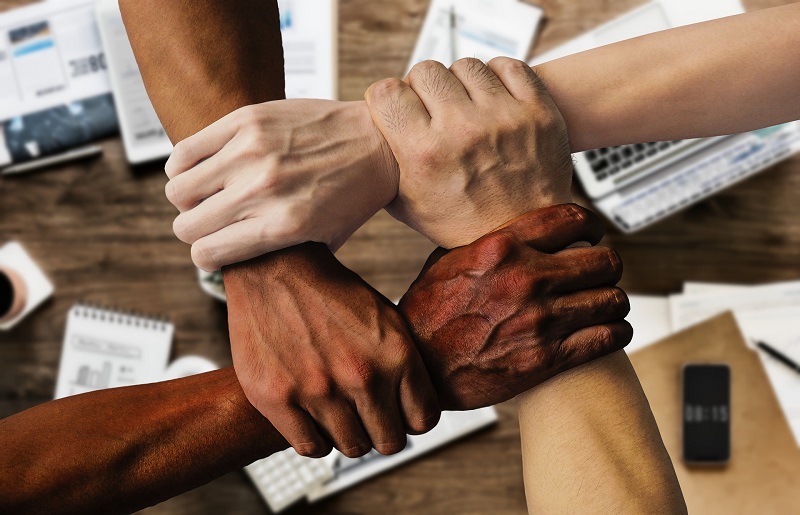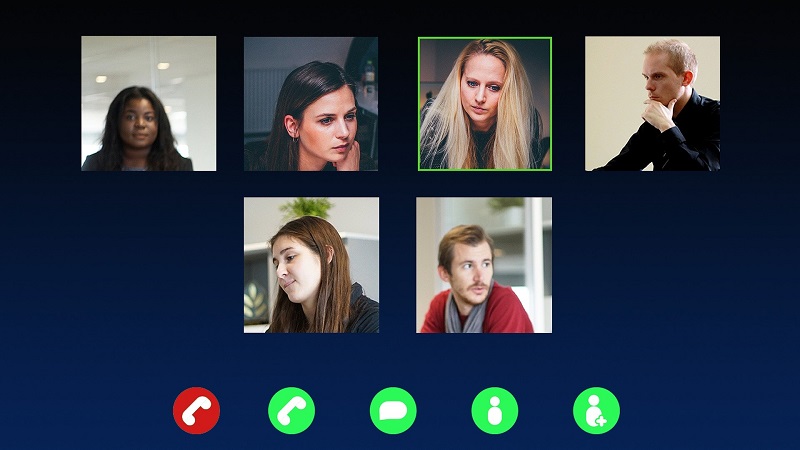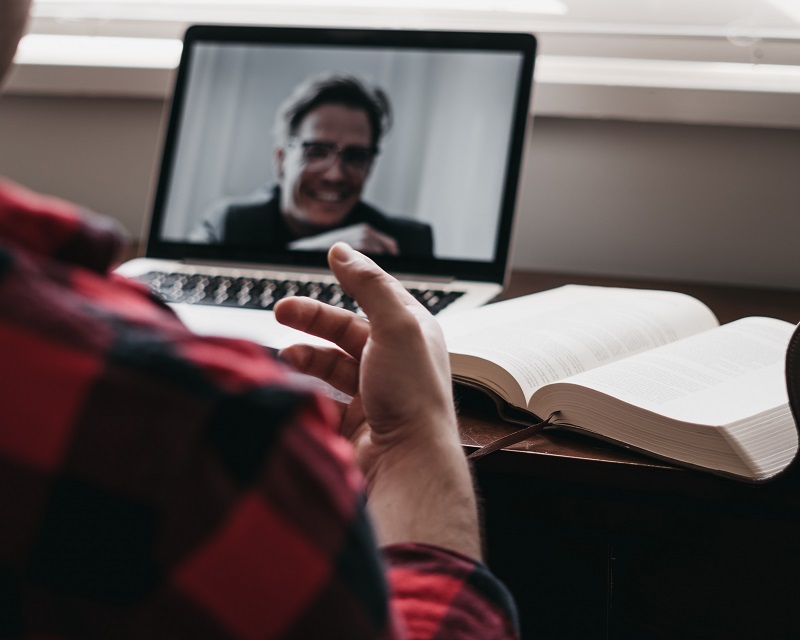A strengths-based approach to neurodiversity
How can organisations bring out the best in their neurodivergent colleagues? Here's our take on how Positive Psychology can help....

During my early career as a Risk & Resilience consultant, I helped organisations plan for all sorts of eventualities, risks, and crises – including a pandemic. For many in that community, then, the emergence of a novel virus like COVID-19 wasn’t entirely unexpected. What has very much taken the world by surprise is the variation in the disease and the scale of the impact it has had on our communities, healthcare, culture and economies. It’s made us all feel that bit more vulnerable in an already VUCA world.
Like everyone else, before nine has had to adapt. All of our workshops and one-to-one coaching sessions have shifted online to manage social distancing and lockdown. And we’ve been supporting specific communities of practice, such as healthcare providers, who are at the very sharp end of this pandemic through new webinar programmes.
As is often the way in times of crisis, I’ve seen some incredible examples of people stepping up, taking on extra responsibilities and adapting. I’ve seen organisations live and breathe their core values, taking care of their people. But I’ve seen gaps, too. As lockdown measures start to ease, many businesses may well be asking themselves: what could we have done better? How can we adapt to better support our people in the future? And what might we do differently?
These are certainly questions we’re asking ourselves here at before nine. So, I thought I’d share a few lessons we’ve learned through this crisis.

I’ve been coaching airside duty managers and leaders at one London airport for a while now. Throughout the pandemic, they were on site every day managing cargo flights, keeping basic operations running and ensuring compliance. All of this with fewer people – both from their own workforce, almost all of whom were furloughed, and also from their third parties.
That meant having to adapt very quickly and getting creative in how to manage all the additional responsibilities. This was an incredibly challenging, stressful situation and yet all maintained a positive, grateful outlook and a belief that ‘we will get through this’. How? Because long before the crisis hit, we’d spent the time working together to develop a mental toolkit that could help each of them maintain perspective – the absolute key to resilience.
I had a message from their boss confirming what I could see – that they were more resilient and doing well under the pressure. He wrote to tell me that they showed “real maturity about where we are and what we need to be doing - this would have been a real struggle four or five years ago...”
There’s a temptation to see people investment as discretionary, especially when budgets are tight, but the investment that these companies made upfront meant their teams didn’t just cope, they thrived. Not only had this supported them in the workplace, it had profound benefits for their positive mental health generally.

We talk a lot about leadership in business with a capital L, but when you look at who has taken the lion’s share of responsibility of people leadership in this pandemic so far, you’ll find it’s almost always our mid-level team leaders and managers.
Time and again, I’ve heard people worry about how to get the day job done while regularly checking up on each and every team member. In an office environment a lot of this happens organically. But with everyone at home managing childcare alongside second quarter results, it’s not that straightforward anymore.
While I’ve seen loads of helpful advice on the practicalities of leading remote teams, our team leaders need more than a ‘how to run an online meeting’ cheat sheet. They need the time, skills and resources – not to mention their own resilience – to create the space we all need for meaningful mental health conversations. They also need their own line managers to clearly articulate which projects or demands can be sacrificed in order to free up this time.

In times of crisis, you can never offer your people too many opportunities to access information. The more you communicate the more you can avoid doubt, uncertainty and, ultimately, rumour.
Airbnb co-founder Brian Chesky’s email to staff about redundancy is an outstanding example of what I mean. Redundancy is never an easy message to deliver, but what Brian did was provide as much detail as possible about the thought process behind the decision, the assumptions that were made, and the resources that they’re going to make available to staff who are both leaving and staying (often overlooked during big redundancy cycles).
The response online was incredible. People writing to say how proud they were of the company, even though this is difficult news to hear. For me, that’s what Positive Working is all about. I think it shows that the values you own and the culture you create during good times will see you through the crisis. But only if you live by them when times are tough.
One of the questions the best organisations always ask themselves is ‘what do our people need?’ But, as I hope the Airbnb example shows, simply asking isn’t enough. You have to follow through with clear communication, action and resources. I don’t just mean during a redundancy round. Something I noticed throughout this period is the inconsistency between organisations in the way that they share access to helpful tools and resources. Some people were desperate for information. Others were drowning in it. That’s why I always recommend looking at mental health, wellbeing and resilience in terms of organisational culture as well as the individual. You have to follow up the question ‘what do people need?’, ‘how are we going to create the conditions to deliver it?’ and ‘and how are we going to make sure they know it’s available?’


Organisations talk about bringing your whole self to work, but I think the pandemic has laid that concept bare. We’re all now part-time teachers, carers and food delivery experts - before you even sit down to the day job. I know I’m not alone when I say I have lost count of the number of cats that have wandered into a meeting or the children I’ve waved to. If this pandemic has had one positive outcome, I think it’s that we’ve all been forced to accept that each of us is a human being who thinks, feels and acts on issues above and beyond what we see in working hours – and that whether we like it or not, those parts of us have a direct impact on our performance.
But there’s a beauty in that. A sense of common humanity. The question now is: how do we keep those new levels of empathy and connection alive when we all emerge out the other side of this? We know we can do it, so the challenge to leaders is to work out how can we use this collective experience as a force for good.
My final lesson is also the most important and encouraging. Yes, the future is unknown. Yes, we are going to be living with this for a while yet. Yes, many of us have struggled – and will continue to struggle – financially and emotionally. But we have also ridden the storm, we’ve adapted, worked through it and, above all, demonstrated levels of resilience many of us didn’t know we had. That will stay with us for the rest of our lives and it’s why we’re looking forward to continuing working with clients to keep tapping into that rich source of strength.